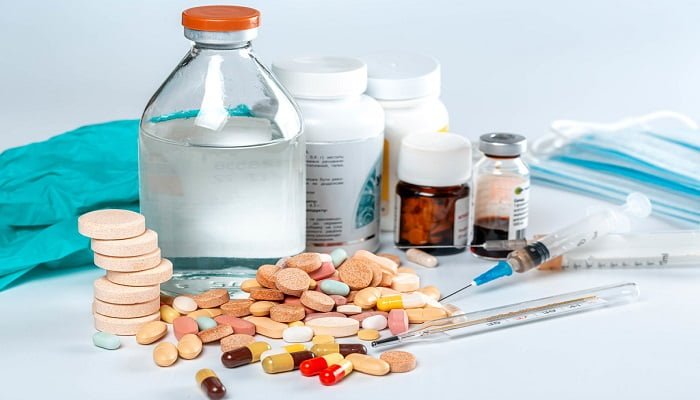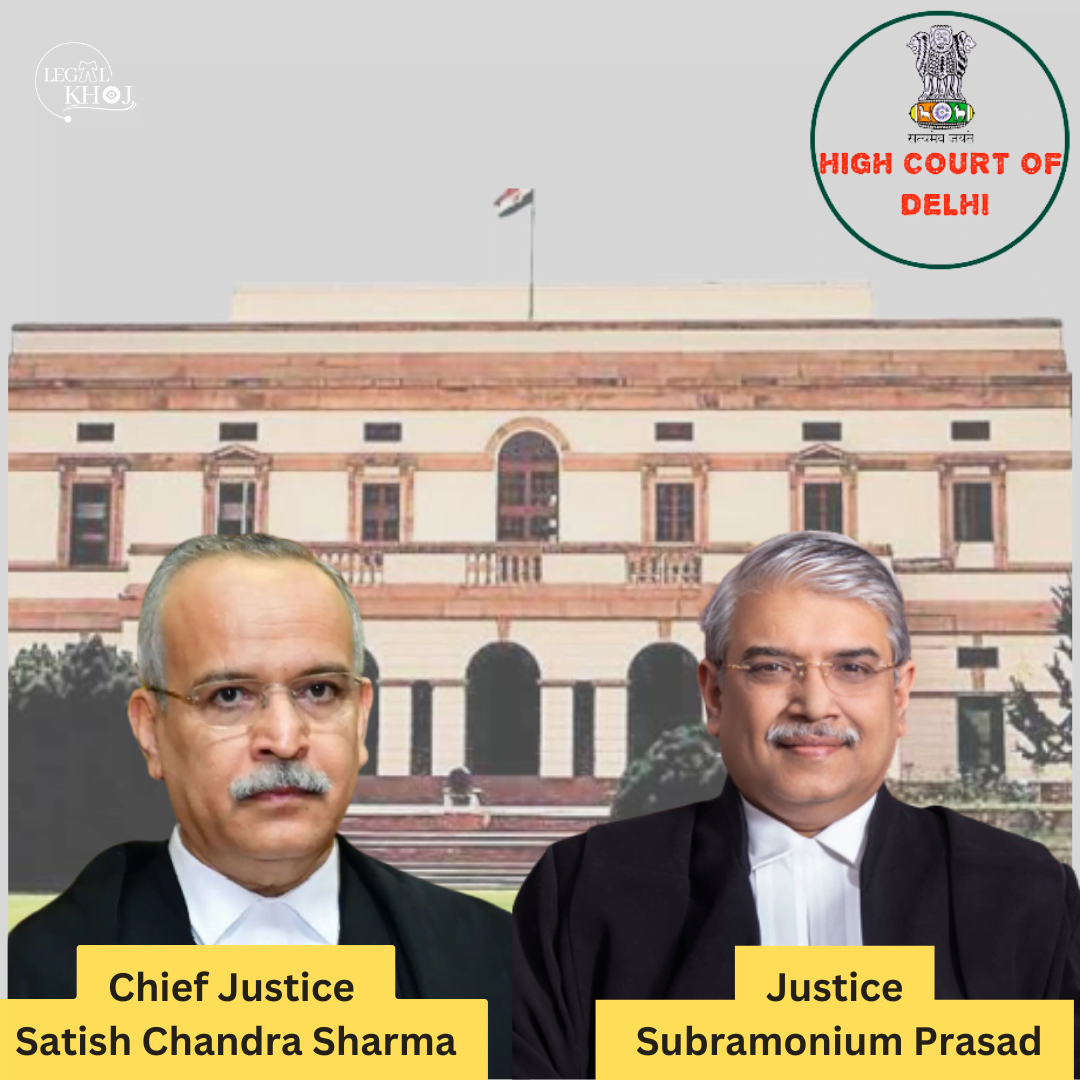In a recent legal case of raise MRP by 10%
A group of pharmaceutical companies challenged a common judgment regarding demand notices of raise Maximum Retail Price (MRP) issued by the National Pharmaceutical Pricing Authority (NPPA). These notices accused the companies of overcharging consumers for specific drug formulations, violating the Drugs (Price Control) Order, 2013 (DPCO 2013). The Delhi High Court, with a bench comprising Satish Chandra Sharma, CJ., and Subramonium Prasad, JJ., concluded that the judgment was sound and dismissed the appeals.
The primary concern of the appellants was the interpretation of Para 20 of the DPCO 2013 by the Single Judge, who, according to them, failed to capture its true essence. The Single Judge contended that non-scheduled formulations were not subject to price control under the DPCO 2013. Instead, Para 20 indicated that the Maximum Retail Price (MRP) of non-scheduled formulations should be determined by market forces. It allowed for an annual increase of up to 10%, and if it exceeded this limit,
the manufacturer had to revert the MRP to the permissible level under the DPCO, maintaining it for the next twelve months. Para 20 obligated the government to monitor and ensure that the MRP of non-scheduled formulations did not increase by more than 10% in a year.
Breaking down Para 20, it consists of two parts. The first part permits a manufacturer of a non-scheduled formulation to increase the MRP by 10% of the MRP during the preceding twelve months, preserving this MRP for the next twelve months. It also imposes an obligation on the government to monitor the MRP to prevent an increase of over 10% in the succeeding year. The second part of Para 20 deals with the consequences if a manufacturer increases the MRP of a non-scheduled formulation beyond 10% during the preceding twelve months.
The Court highlighted the Essential Commodities Act (EC Act) of 1955, enacted by the Parliament of India to control the production, supply, distribution, and pricing of essential commodities. The National Pharmaceutical Pricing Policy (NPPP) 2012 excluded non-scheduled or non-essential formulations from stringent price control, allowing manufacturers to set prices based on market forces. The 2013 DPCO’s Schedule and definitions indicated no distinction between essential and scheduled formulations, suggesting that non-scheduled formulations were non-essential medicines under the NPPP 2012. Therefore, non-scheduled drug formulations under the DPCO 2013 were not subject to a price control regime.

The Court also clarified that the government’s authority to set and revise drug MRPs under the DPCO 2013 was limited to scheduled formulations and did not extend to non-scheduled formulations. For non-scheduled formulations, the government only had the power to monitor MRP increases, ensuring they did not exceed 10% in a year. Penalties were prescribed in Para 20 of the DPCO 2013 if there was an increase beyond 10% in a year.
Regarding rounding off the MRP of non-scheduled formulations, the Court questioned why the benefit should be limited to scheduled formulations under a stricter price control regime. The lenient monitoring system in Para 20 of the DPCO 2013 suggested extending the rounding-off benefit to non-scheduled formulations. While applicable to both types, rounding-off benefits were restricted to two decimal places and granted only when no malicious intent was evident.
Conclusion of Case raise of MRP by 10%
The Court concluded that Para 20 of the DPCO 2013, as a whole, was not a penal provision. Reading Para 20 and Para 23 together indicated that the date of transgression should be when a manufacturer increased the MRP of a non-scheduled formulation by over 10% in twelve months, not when a demand notice was issued. Manufacturers were obligated to deposit the overcharged amount with interest from the date the price increase exceeded the permissible 10%. The overcharged amount was the difference between the actual and permissible increase in MRP.
Must Read:- Allahabad High Court clarifies does the bar on Court review under UP Lokayukta Act apply?









Leave a Reply